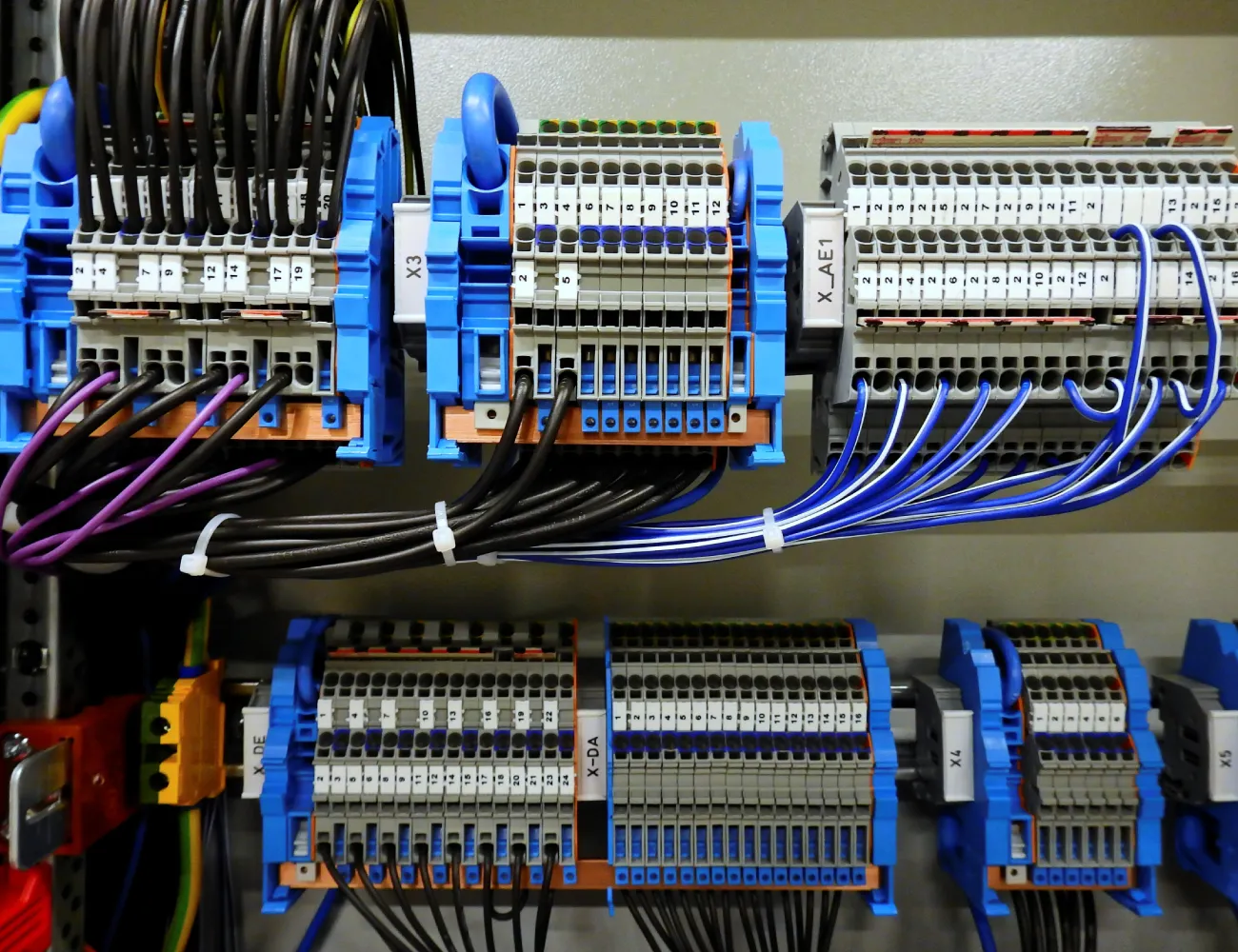1. Frequent Circuit Breaker Trips
One of the most obvious signs your home’s electrical system needs attention is when your circuit breaker frequently trips. Circuit breakers are designed to shut off power to prevent overloads and short circuits, which can damage appliances or even cause fires. Occasional tripping isn’t a cause for concern, but if it happens regularly, your electrical system may be struggling to handle your household’s demands.
Older homes were often wired for far fewer electrical devices than we use today. With the increasing number of high-powered gadgets and appliances, an outdated system might not be equipped to handle the load. If your breaker is constantly shutting off, it could indicate that your wiring, outlets, or panel need an upgrade to meet modern electrical standards.
2. Flickering or Dimming Lights
If your lights flicker or dim, especially when you’re using other appliances, it could be a sign of an overloaded electrical system. This issue often occurs when large appliances, such as refrigerators or air conditioners, draw a significant amount of power and leave less available for your lighting.
This flickering or dimming could indicate that your home’s wiring is struggling to handle the load, or that there’s a problem with your electrical panel. It’s important not to ignore this issue, as it can lead to more severe problems down the road, including power surges and electrical fires.
3. Outdated or Insufficient Electrical Outlets
Many older homes were built with only two-prong outlets, which don’t have a ground wire. This lack of grounding can make your electrical system less safe and increase the risk of electrical shock. If your home still has these outdated outlets, it’s a strong sign that your entire system may need an upgrade.
In addition to outdated outlets, you may notice that your home simply doesn’t have enough outlets to meet your needs. If you’re constantly relying on power strips or extension cords, your home’s electrical system wasn’t designed for modern electrical usage. Adding more outlets or upgrading to three-prong grounded outlets can increase both convenience and safety.
4. Burning Smells or Scorch Marks
One of the most dangerous signs that your home needs an electrical upgrade is the presence of burning smells, scorched outlets, or discolored switches. Burning smells can indicate that wires are overheating behind your walls, which is a serious fire hazard.
Scorch marks around outlets or switches suggest that electricity is arcing, which means that power is jumping from one connection to another, creating intense heat. This can lead to electrical fires if not addressed immediately. If you ever notice these signs, turn off the power to the affected area and contact an electrician right away.
5. Old or Faulty Wiring
Homes built more than 30 or 40 years ago often have wiring that doesn’t meet modern safety standards. For example, aluminum wiring, which was used in many homes built in the mid-20th century, is more prone to overheating than the copper wiring used today. Similarly, knob-and-tube wiring, which was common in homes built before the 1940s, lacks the insulation and safety features required for modern electrical systems.
Even if your home’s wiring was updated more recently, wear and tear over time can lead to frayed wires, loose connections, or damaged insulation. Faulty wiring is one of the leading causes of electrical fires, so if your home has old or damaged wiring, it’s crucial to have it inspected and replaced by a licensed electrician.
Why Electrical Upgrades Matter
Upgrading your home’s electrical system not only improves safety but also increases the functionality and value of your property. Homes with modern electrical systems are more energy-efficient, which can lower utility bills, and are better equipped to handle today’s technology-driven lifestyles.
Additionally, many insurance companies offer lower premiums for homes with updated electrical systems, as they pose less of a fire risk. This means that an investment in electrical upgrades can pay off in multiple ways.

0 Comments